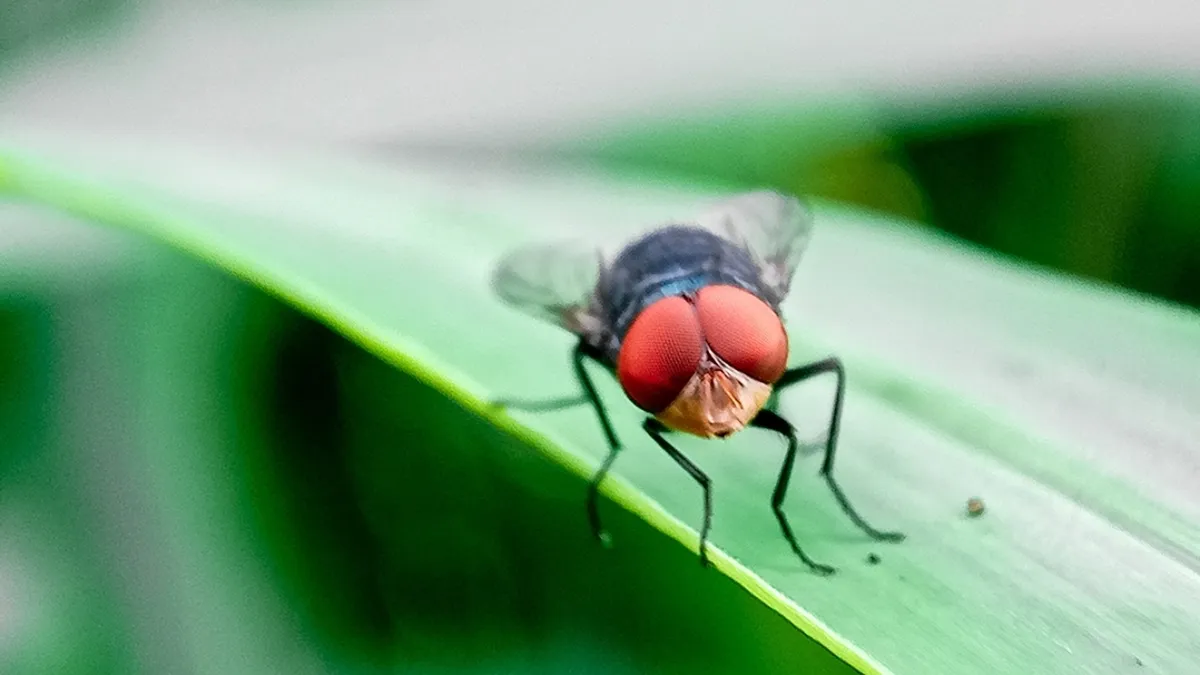
Concerns surrounding a flesh-eating parasite have prompted U.S. officials to halt all imports of live cattle, horses, and bison across the Southern border. On Sunday, Agriculture Secretary Brooke Rollins announced the decision, citing the alarming northward spread of the New World screwworm, which has been detected in southern Mexico over the past year.
In a statement, Rollins emphasized that the protection of our animals and the safety of our nation's food supply is a matter of national security that requires immediate attention. "This is not about politics or punishment of Mexico; rather, it is about food and animal safety," she asserted, highlighting the urgency of the situation.
The New World screwworm is a type of fly larvae that infests the wounds or mucous membranes of animals, and although it rarely affects humans, its impact on livestock can be devastating. The maggots feed on the flesh and blood of their hosts using tiny mouth hooks. If left untreated, a parasitic infection from this pest can lead to the death of a full-grown cow within just one to two weeks.
Efforts to eliminate this pest date back several decades. The U.S. and Mexico successfully eradicated the New World screwworm in the 1960s and 1970s by releasing millions of sterile adult flies that mated with females, preventing them from laying viable eggs. This innovative strategy created a barrier zone that protected both nations from the pest, although sporadic cases would still emerge.
One notable outbreak occurred in 1976 in Texas, affecting over 1.4 million cattle as well as hundreds of thousands of sheep and goats. A USDA analysis estimates that if a similar outbreak were to happen today, it could cost the Texas economy a staggering $1.8 billion. This potential economic fallout has heightened alarm among agricultural officials regarding the recent resurgence of the pest.
Cases of the New World screwworm have surged in parts of Central America and have been detected on remote farms in Mexico, approximately 700 miles from the U.S. border, according to a statement from the USDA. Consequently, the U.S. initially shut down live animal trade at the border in November. This ban was lifted in February after the U.S. and Mexico implemented new measures to combat the parasite.
The current ban on live animal imports will be assessed on a month-by-month basis until a significant containment window is achieved, as stated by the USDA. The ongoing vigilance against the New World screwworm is critical in safeguarding the nation's livestock and food supply.